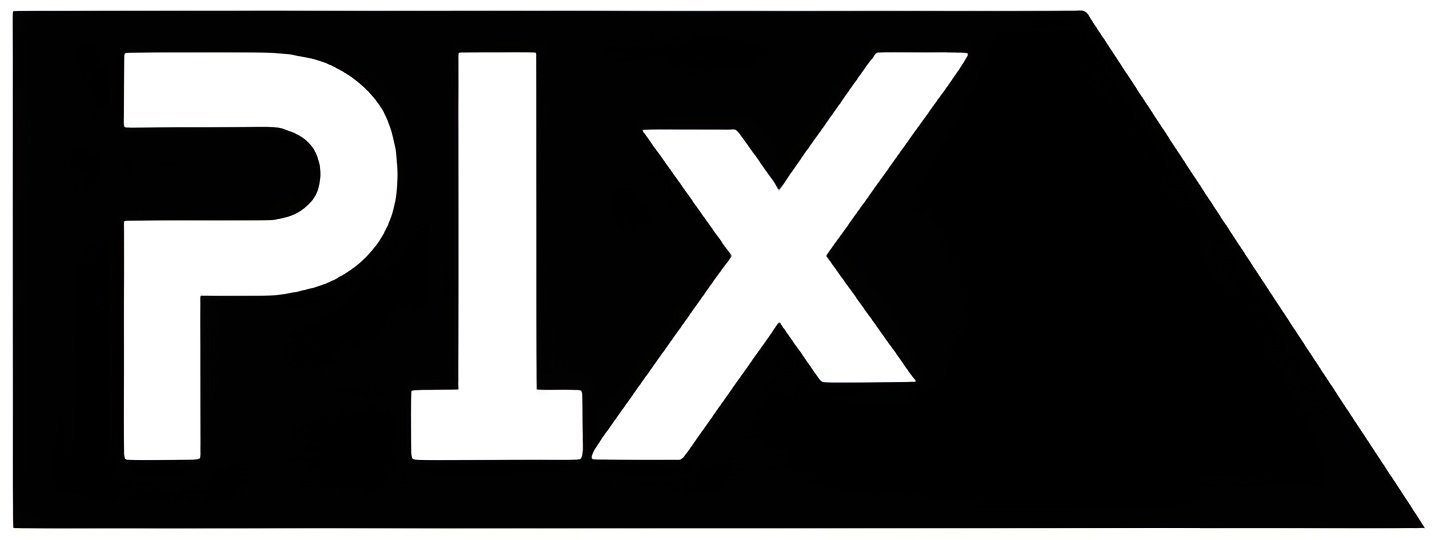On Tuesday, a new SPAC from VC and All-In podcast host Chamath Palihapitiya became a public company. Dubbed with the lofty name “American Exceptionalism,” it raised $345 million with a mission to acquire one or more startups in the fields of energy, AI, crypto/DeFi, or defense, then convert those companies into publicly traded entities.
But Palihapitiya wants retail investors to know: He strongly advises you not to buy the stock, even though he has reserved a tiny fraction — just over 1% — to be traded on the public markets for retailer investors, while 98.7% has already been sold to hand-picked, large institutions.
“I want to temper retail investors’ involvement with my SPACs,” he posted on X and later posted again, “We designed it this way, almost entirely institutionally backed, because, as I have learned, these vehicles are not ideal for most retail investors. They are for investors who can underwrite the volatility, place it as part of a broader structured portfolio and have the capital to support the company over the long run.”
It isn’t typical for someone to launch an IPO and then tell people not to buy the stock. He even goes as far as to give a buyer-beware warning to any retail investor (like among fans of the uber-popular All-In pod) who wants to ignore his recommendation and buy anyway. “For anyone in the retail market who still chooses to disregard my advice to avoid SPACs, please carefully review our disclosures and make a fully informed decision.”
The reason for these warnings is somewhat entertaining. Palihapitiya practically single-handedly sparked the rise of SPACs from 2019 to 2021, granting him the title of “SPAC King.” This came after his first SPAC, Social Capital Hedosophia Holdings (IPOA), raised $600 million and took Virgin Galactic public in 2019. (It now trades for under $4, by the way.) SPACs took off, seen as a fast-track to going public during the venture capital valuation bubble.
But, within a few years, the numbers showed that while SPACs might be lucrative for the SPACs’ sponsors like Palihapitiya and sometimes for the acquired startup, they rarely made investors money. Or as the Yale Journal on Regulation put it: “SPACs have delivered poor post-merger returns to shareholders for many years.”
Goldman Sachs even banned itself from underwriting them for three years. In June, it ditched that ban and began working with SPACs again, prompting Palihapitiya to post a poll on X asking, “Should I launch a SPAC?”
Nearly 58,000 people voted and overwhelmingly voted no (71%). That’s because Palihapitiya’s track record was no better. In June, MarketWatch compiled records of the abysmal performance of nearly all of his SPACs, showing many were down over 90% from their launch date.
When launching this new SPAC this week, Palihapitiya still argued that SPACs are good for the startups, as well as their employees and early investor VCs.
“The reason to return now is simple. The imbalance between private and public markets has only widened,” he wrote on X, citing the even larger number of unicorns today than in 2019. “Employees are often holding paper wealth that is difficult to convert into liquidity. Early investors find it more challenging to reinvest capital in the next generation of startups.”
But he also acknowledged that “it hasn’t been all roses.” Hence the warning to retail investors. (Social Capital declined to comment further.)
He says he’s trying to address some of the worst criticisms: that SPACs enrich the vehicle’s sponsors at the expense of everyone else.
With “American Exceptionalism,” he says he has structured payouts so that the sponsors’ tranches of stock won’t vest until stock prices hit 50%, 75%, and 100% increases. “If the deal is a dog, no one wins. If it is a winner, we will all win … together,” he wrote.
The question remains though: With all that we know in 2025, should a startup choose to go public via SPAC, be it through Palihapitiya’s or any SPAC? History would indicate: probably not, if they want their stock to perform well long term.



















































